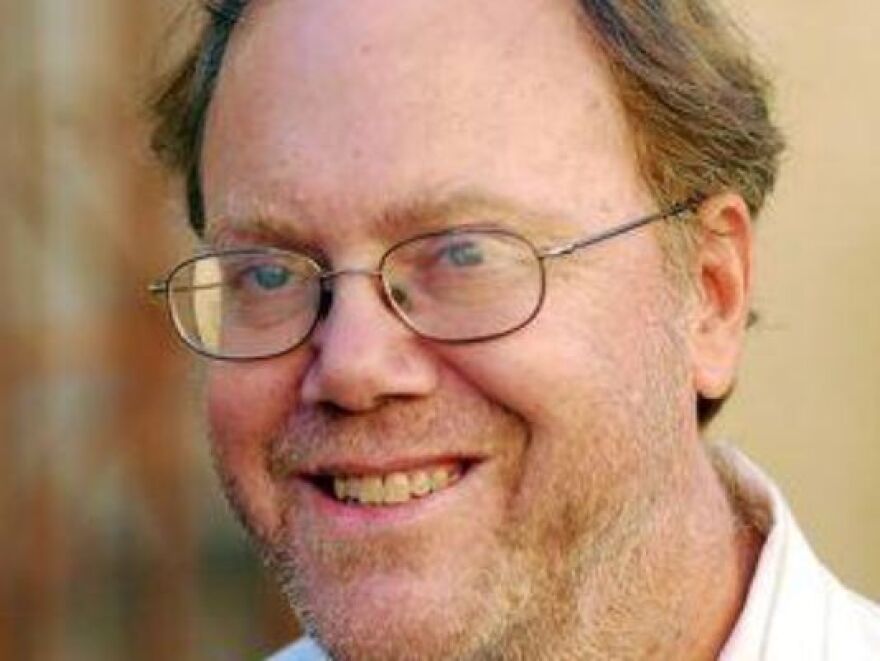Commentary: New Mexico elections are begrudgingly becoming slightly more inclusive.
One example of that will be the inclusion of Libertarian candidates on the ballot this year in races for U.S. Senate (Aubrey Dunn); U.S. House, District 1 (Lloyd J. Patterson) and District 3 (Christopher Manning), secretary of state (Sandra D. Jeff), attorney general (A. Blair Dunn) and land commissioner (Michael G. Lucero). Bob Walsh and Robin L. Dunn will run for governor and lieutenant governor as write-in candidates.
The change is thanks to the strong showing of former governor Gary Johnson in the 2016 presidential election, and not to any enlightenment by Republican and Democratic lawmakers who want to maintain the two-party system. To earn major party status, a candidate from that party needs to earn at least 5 percent of the vote in the previous gubernatorial or presidential election. Johnson got more than 9 percent in his run for president.
But to maintain that status, Walsh will need to get at least 5 percent in the race for governor this year. And he’ll need to do it as a write-in.
The New Mexico Legislature passed two bills this session to improve the election process. The first, House Bill 98, consolidates smaller elections in November, instead of having them scattered out throughout the year.
Doña Ana County Clerk Scott Krahling has been a leading advocate for the change, arguing that moving elections to one date will allow them to be conducted more professionally and will increase voter awareness and involvement.
Cities were not required to make the change, but last week the Las Cruces City Council decided to opt in on the new law and agreed to move its municipal elections. The first consolidated election, to be conducted by the County Clerk’s Office, will be in November, 2019.
The second bill passed by the Legislature would have allowed political parties to adopt their own rules for selecting a lieutenant governor, getting rid of the shotgun wedding-style approach we have now where the governor and lieutenant governor run separately in the primaries, and the two winners are paired together, like it or not, for not just the general election, but the next four to eight years after that if they win.
Sometimes the process works, and the two candidates who emerge from the primaries are able to form an effective partnership. But too often it has led to mismatched leaders pursing different agendas.
That bill was pocket vetoed without explanation by Gov. Susana Martinez.
The City Council is also considering changing to a ranked-choice voting system to eliminate the need for runoffs. Instead of selecting just one person for each position, voters would be able to rank each candidate in order. Along with cutting the cost of a runoff, the ranked-choice system also seems like its more fair.
It would force candidates to appeal to a broader section of the voters and make it more difficult for those with extreme positions.
I write of these glimmers of hope this week to soothe the frustration that I feel every two years at this time as an independent voter in New Mexico shut out of the primary process.
New Mexico has no respect for independent voters. They refer to us as “Declined to State,” as if we really were Republicans and Democrats, but are just too ashamed to admit it.
But, we are the fastest growing voting bloc in the state. And, excluding us from the process does not advance the notion of an inclusive democracy.


